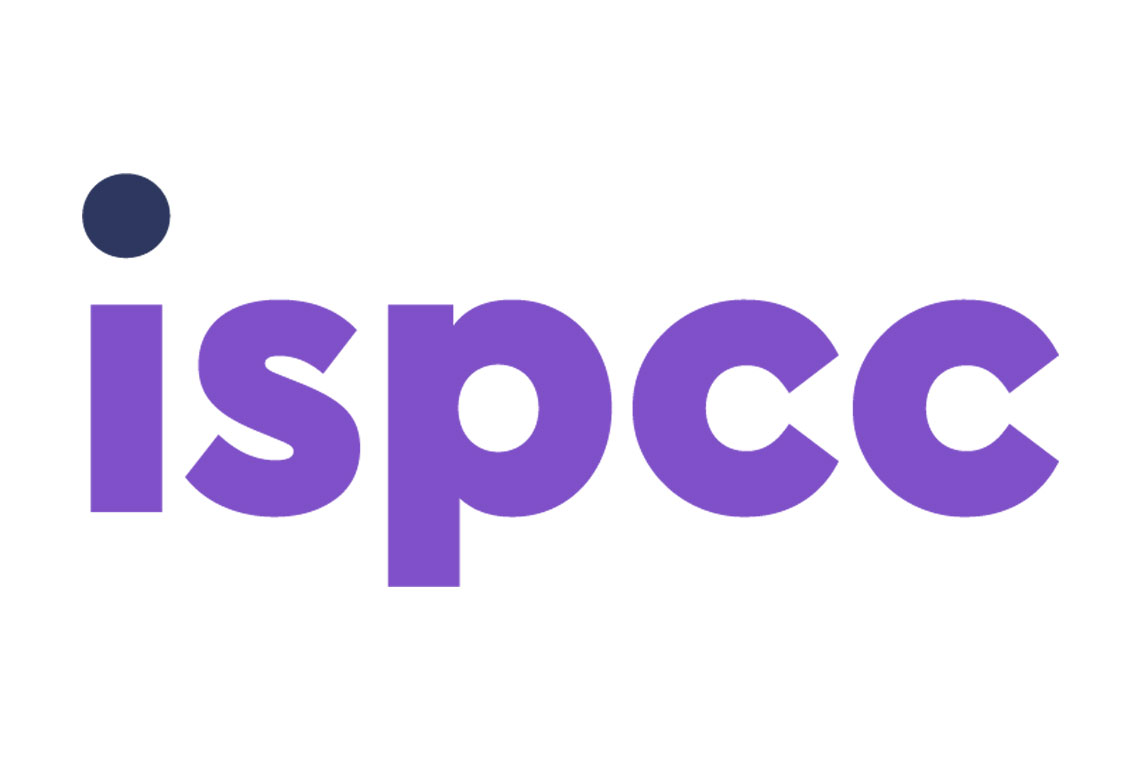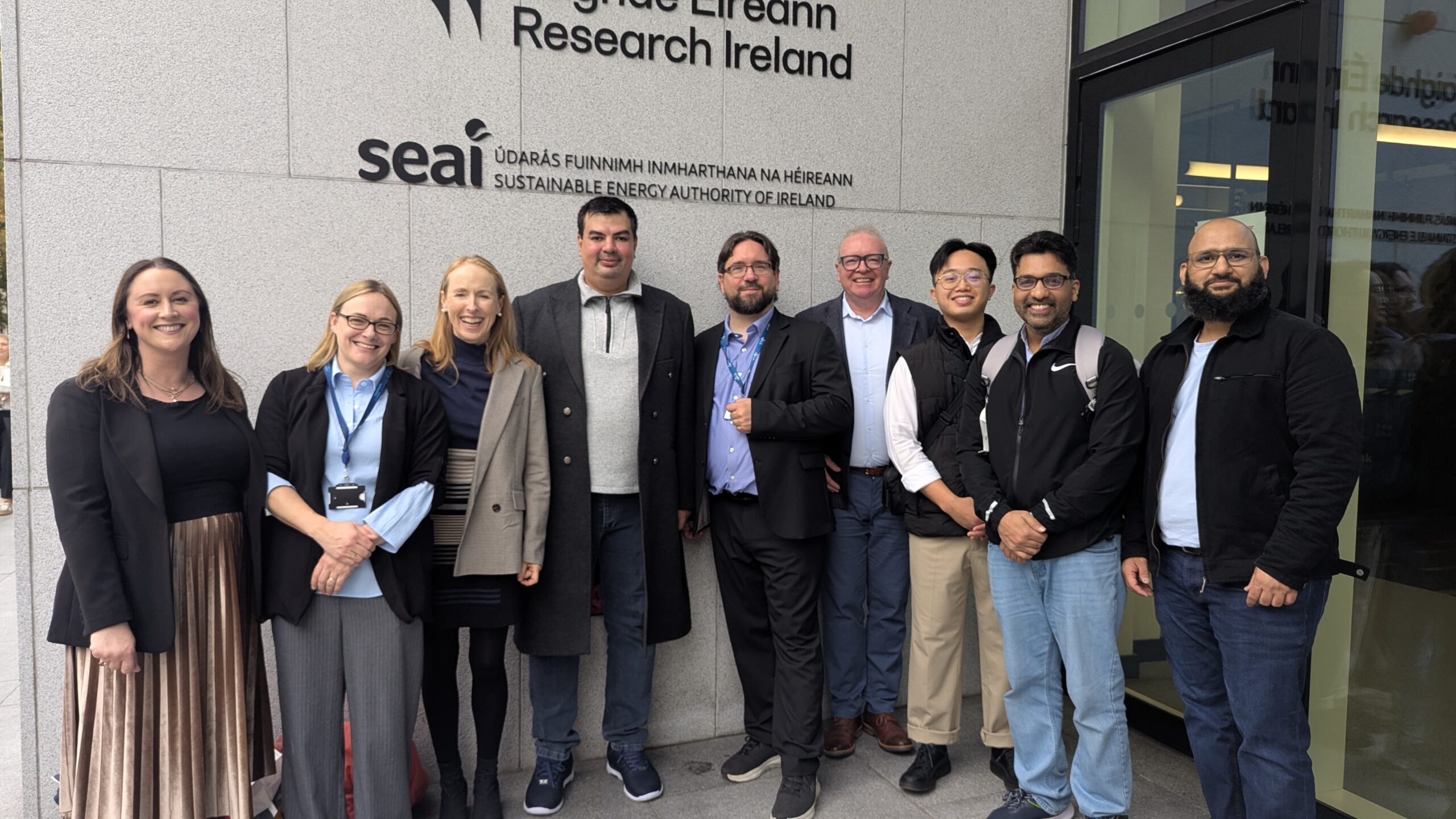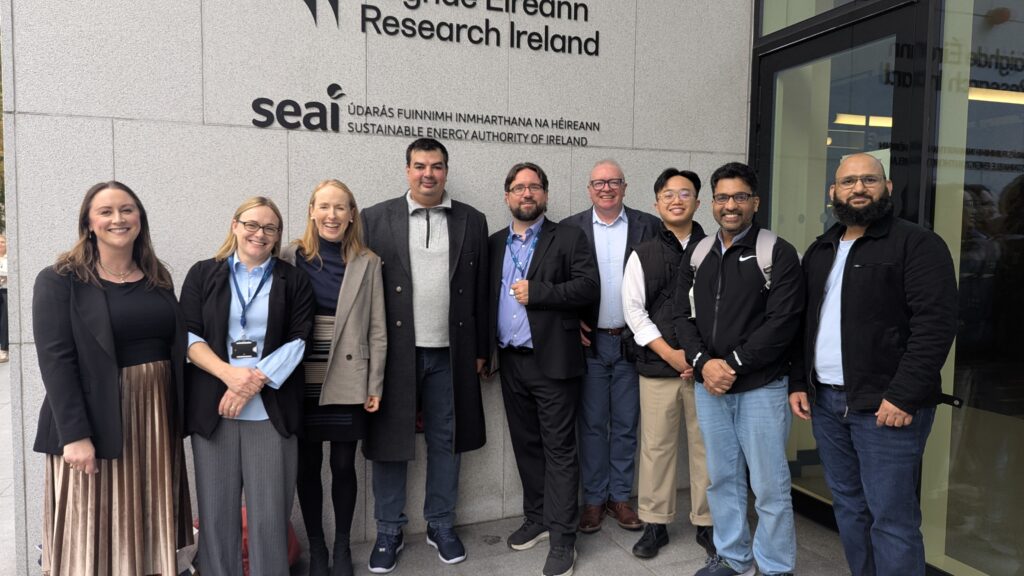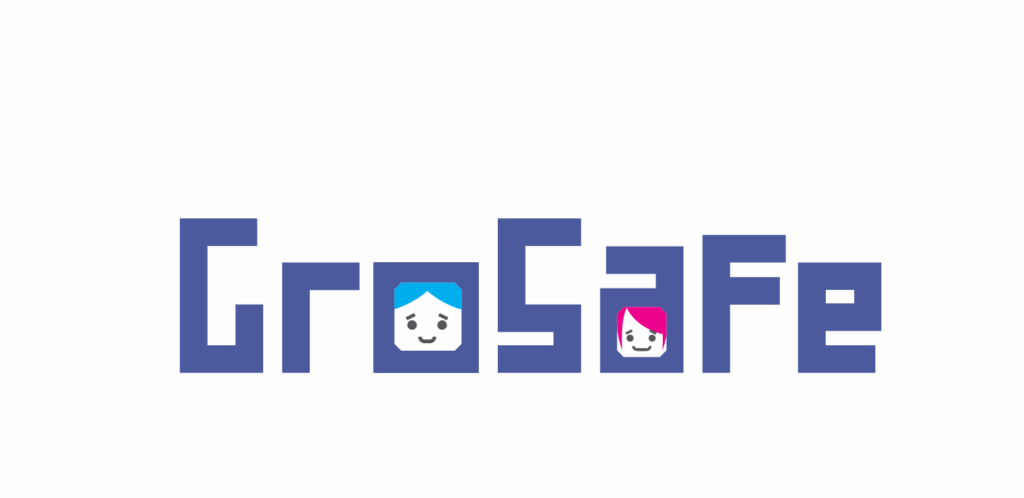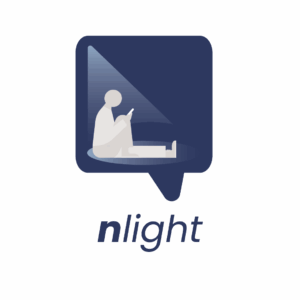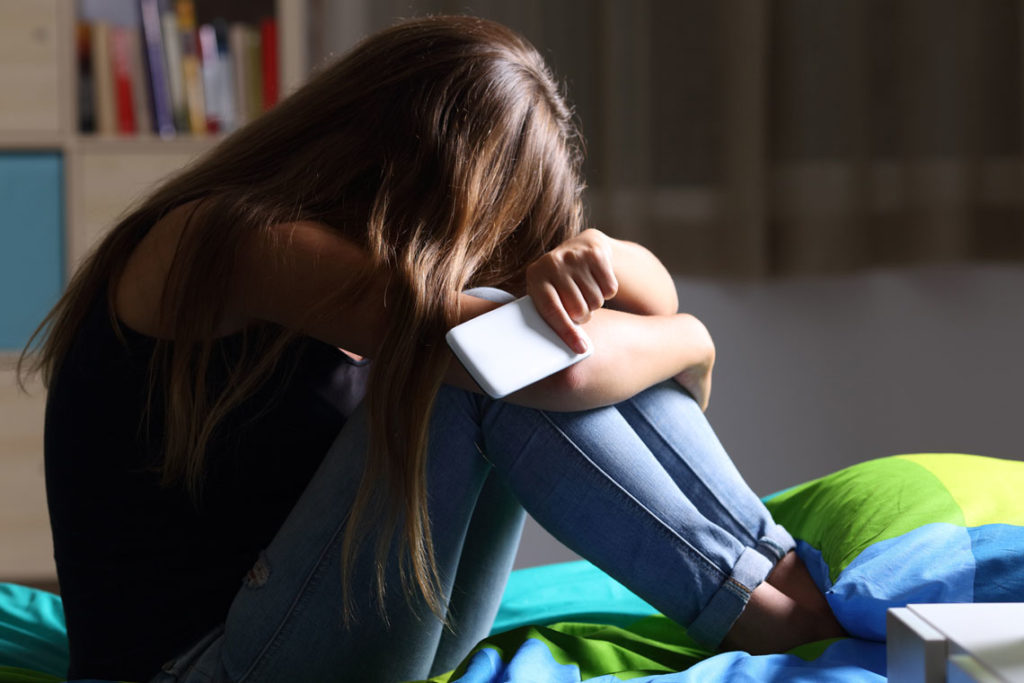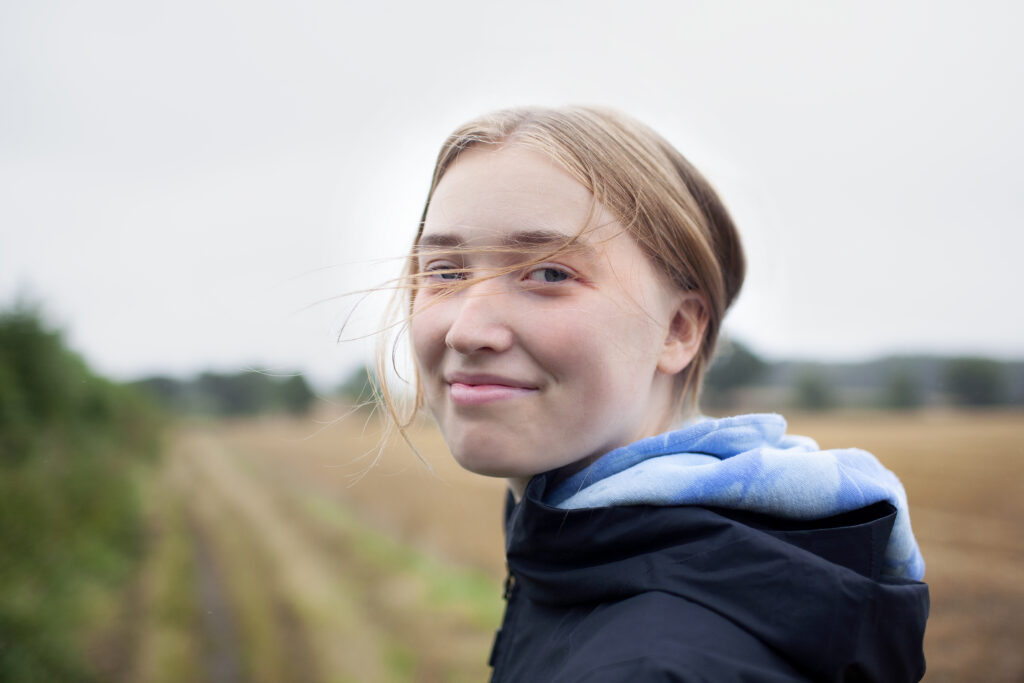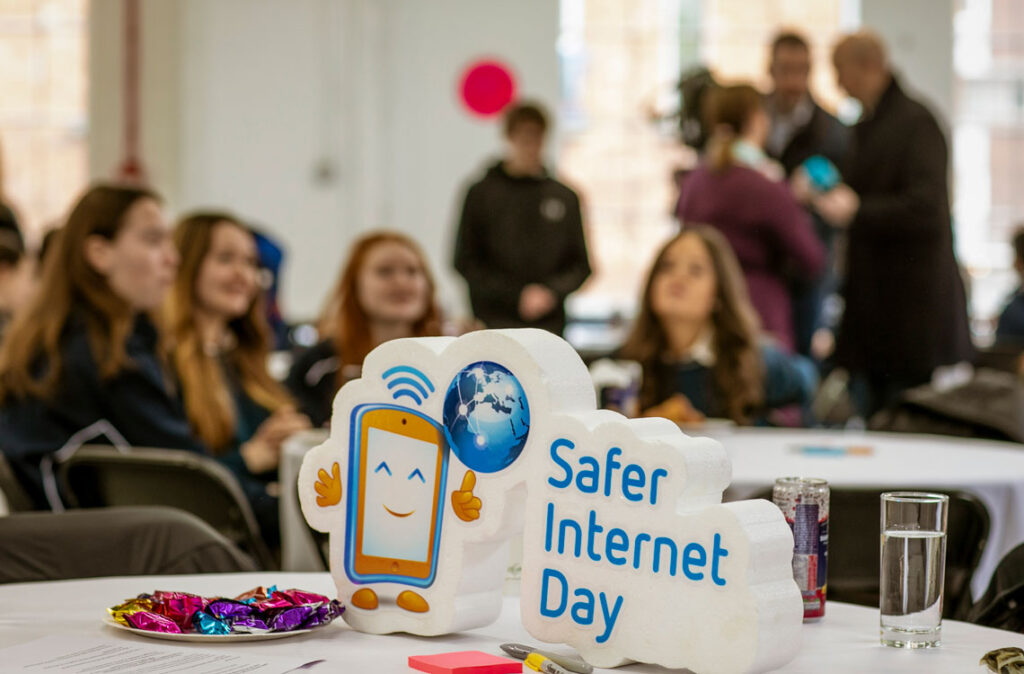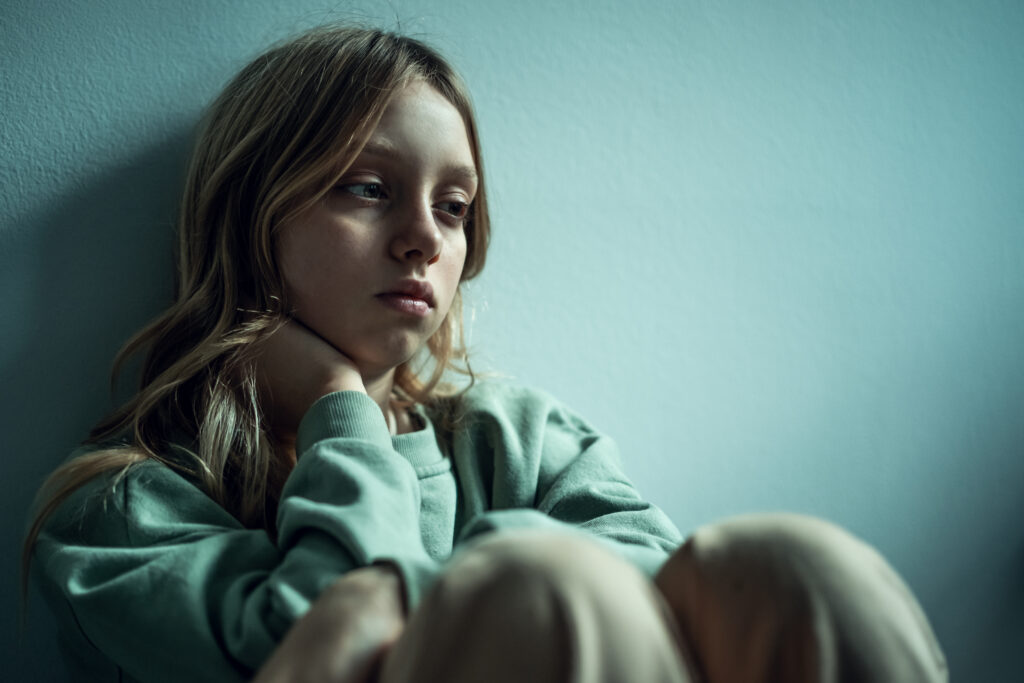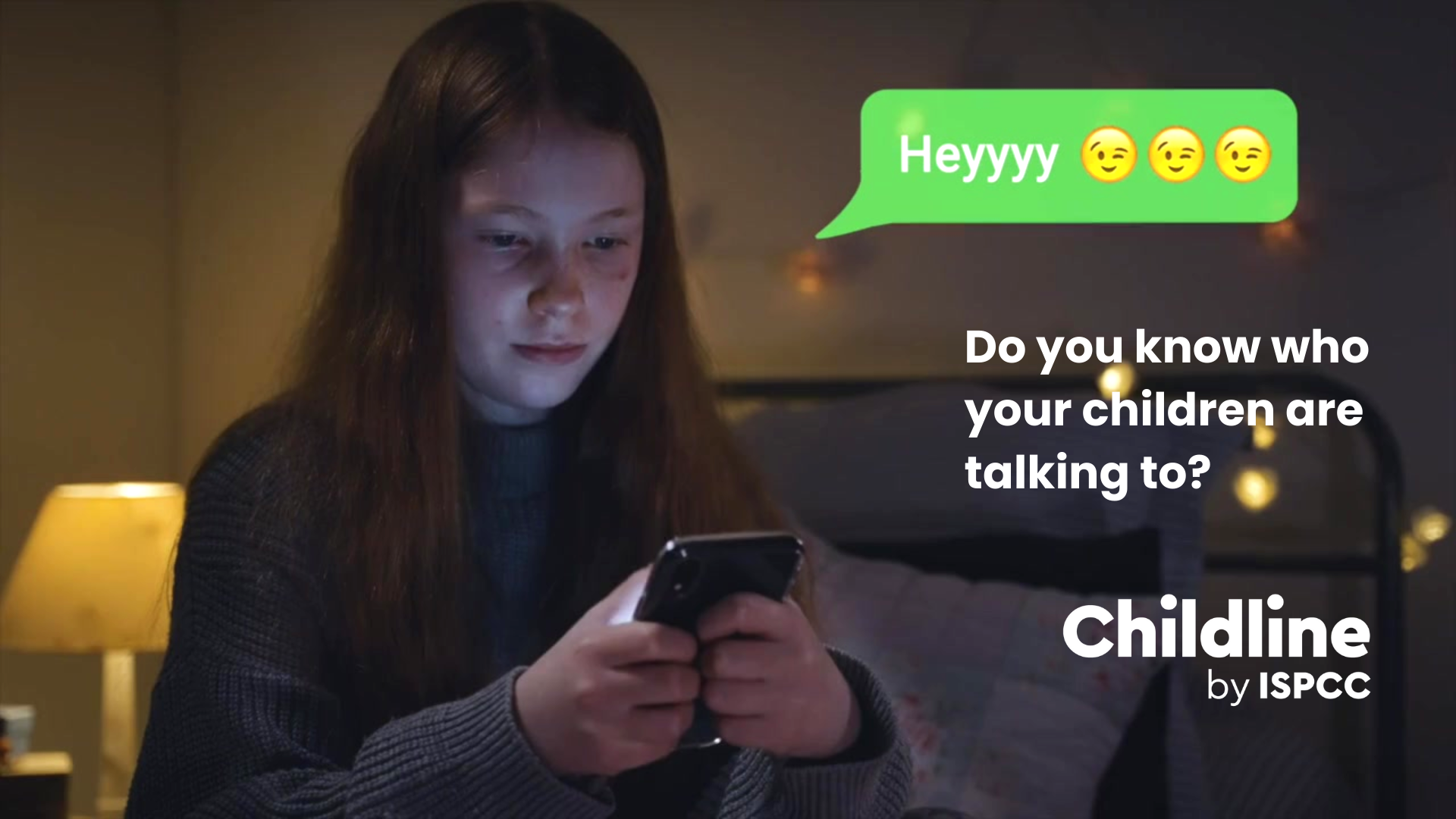New research shows that one in three young respondents neglects work, family or school several times a week or more because of social media use
This Safer Internet Day (11.02.25), experts from Ireland and Europe will discuss research revealing concerns over the exposure of young people to harmful content online, powerful algorithms and the need for effective digital media literacy
Dublin, February 11th, 2024: Today, February 11th marks the 22nd anniversary of Safer Internet Day, a landmark global event in the online safety calendar and celebrated in over 180 countries.
New research from the first ever EU-wide survey on loneliness** indicates that one-third of young respondents exhibit patterns of social-media addiction. They have neglected work, family or school several times a week or more because of their social-media habits. The detrimental impact of this will be discussed today among experts from Ireland and Europe as part of Safer Internet Day.
In the European Commission’s Joint Research Centre study, intensive users are defined as respondents who report that they spend more than two hours a day on social media sites or instant messaging tools. Spending this length of time on social media is associated with a substantial increase in the prevalence of loneliness among young people. However, researchers also point out that how social media is used matters more than how often it is used.
The Irish Safer Internet Centre knows through engagement with children and young people that they are concerned about navigating the ever-evolving digital landscape, and they freely discuss that they feel they spend too much time online. However, more research is crucial to truly understand the challenges they face. Consequently, the Irish Safer Internet Centre will be devoting additional resources to embarking on continuous research in this area in the coming year.
The theme for Safer Internet Day 2025 is “Prepare / Protect / Thrive: Navigating Algorithms and Influencers.” This theme encourages parents, schools, educators, young people and all stakeholders to consider how algorithms and influencers shape young people’s lives.
The key issues that will be discussed during Safer Internet Day 2025 include harmful online content, safety by design, regulation and children’s rights, among many others.
Safer Internet Day 2025 kicks off today with an event in Microsoft’s Dream Space. It will feature keynote addresses from Professor Debbie Ging (DCU), 5Rights Foundation and the European Centre for Algorithmic Transparency, which is part of the Joint Research Centre at the European Commission. In addition, the event will include contributions from the Online Safety Commissioner Niamh Hodnett; Webwise Youth Advisory Panel; the Competition and Consumer Protection Commission; ISPCC; Media Literacy Ireland; Microsoft, Hotline.ie; and National Parents Council.
Minister for Education Helen McEntee TD said: “As Minister for Education and Youth, it is a key priority of mine to work to safeguard and support the wellbeing of our pupils, students and school communities across Ireland. I am very pleased therefore to join Webwise and the Irish Safer Internet Centre, as well as experts from across Ireland and Europe, in marking Safer Internet Day today and highlighting the key themes of prepare, protect and thrive.
“While technology brings many exciting benefits and opportunities, it can also expose pupils and students to negative impacts. It is imperative that we use every lever available to us to help ensure they can stay safe and have the very best opportunity to thrive.
“I look forward to prioritising this area and to working collaboratively with our pupils, students, parents, teachers, school communities and wider education stakeholders over the months and years ahead to make sure our pupils and students are digitally literate, can safely harness the best of what technology presents and can get a mental break from technology too, to empower them to make friends and enjoy their time at school.”
Jane McGarrigle, National Co-ordinator, Webwise, said: “Technology is everywhere and it isn’t something that should be feared. We believe in encouraging children to engage with new technologies, however we are also cognisant of the importance of preparing them for the dangers they may encounter online. We want to empower them with the coping skills and resilience they need to thrive in the digital world. We also want to assure them that there is always support available if they need it and if they feel that their use of technology has become problematic.”
Online Safety Commissioner Niamh Hodnett said: “Coimisiún na Meán is focused on shaping a media landscape that safeguards the rights, wellbeing and development of children, and their safe engagement online. We are delighted to be supporting Webwise and their Safer Internet Day campaign this which this year is Prepare / Protect / Thrive: Navigating Algorithms and Influencers. Following the launch of our Online Safety Code in October of last year, Coimisiún na Meán’s Online Safety Framework is now in place, and we are continuing to prioritise a safer internet for children and young people.”
Safer Internet Day in Ireland is coordinated by the Irish Safer Internet Centre, a partnership between Hotline, ISPCC, National Parents Council and Webwise, providing a range of complementary online safety services, including an education and awareness centre, child and parent helplines and a hotline. The Centre is coordinated by the Department of Justice and co-funded by the European Union.
*In the EU study, young people are categorised as aged between 16 and 30 years
**The EU-wide study on loneliness (EU-LS) was conducted by the Joint Research Centre as part of a European Parliament pilot project in partnership with the Directorate General for Employment, Social Affairs & Inclusion. To learn more about the paper on Loneliness and Social Media Use in the European Union, click here
[ENDS]

